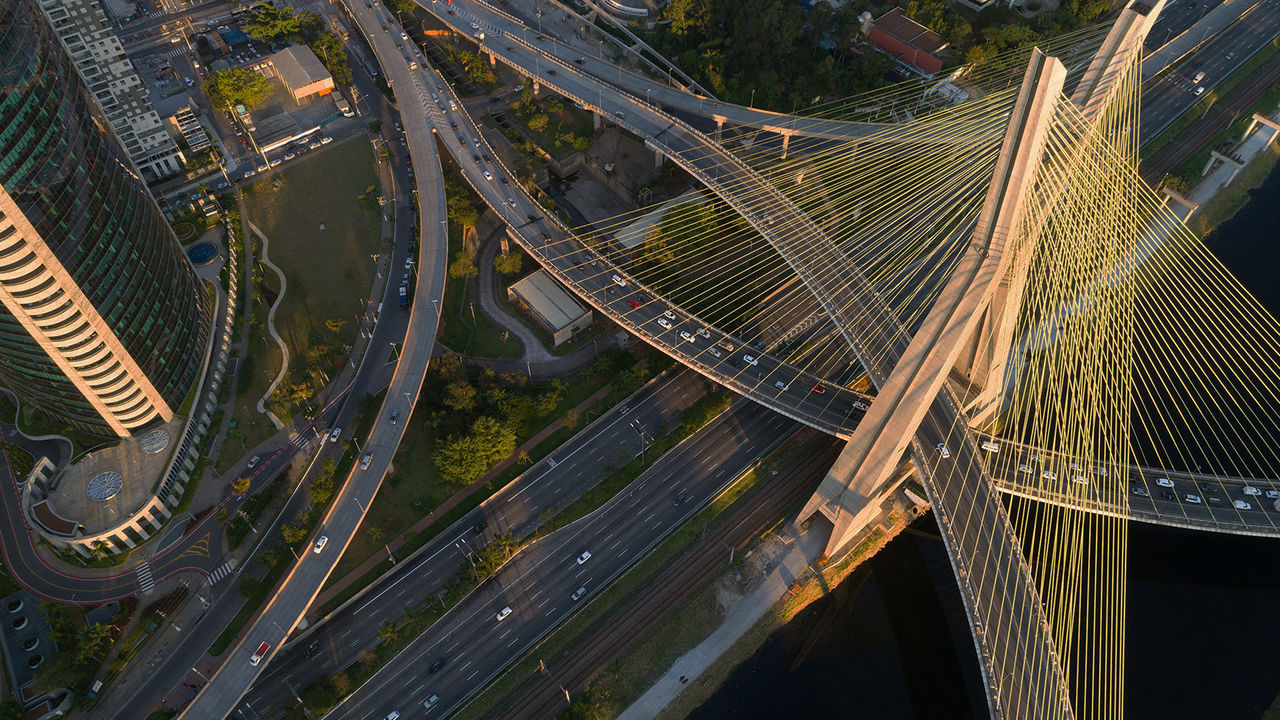Brazil’s leadership in low-carbon fuels
With the vision of Brazil’s government and the expertise of the vibrant agriculture private sector, Brazil’s abundant agricultural resources have helped the country become a leader in biofuel production, servicing global and domestic demand for ethanol and biodiesel as a motor fuel,4 while reducing fossil fuel emissions and dependency on imports.5
As Walter Pye, Head of Brazil explains, “whilst Brazil’s ethanol industry was originally ignited by sugar producers, a more recent development is the rapidly increasing supply coming from corn-based ethanol producers.” He adds, “many of these same agriculture producers are also major suppliers of power to the grid where low-carbon energy represents roughly 88 per cent of Brazil’s total electricity generation.”
In May 2025, Brazil and China signed an ethanol cooperation agreement aimed at expanding Brazil’s ethanol exports to China.6 This agreement comes as China prepares to implement its E10 gasoline policy, which mandates a 10 per cent blend of eco-friendly fuel in gasoline. Not only does this open a vast market for Brazilian ethanol in China, but it also drives new momentum into global energy transition efforts.
Beyond China, rising demand from countries across Asia is leading to an increase in biofuel adoption as part of a broader mix of solutions for global decarbonization. This surge in demand highlights the vital role biofuels play in reducing transport emissions and supporting the energy transition. It’s worth noting that Brazil is also investing in clean diesel production by leveraging its leadership position in vegetable oil production to supply an increasing demand for biodiesel.
“Our teams at Macquarie are helping domestic clients realise their ambitious growth plans and address a variety of needs, enabling them to expand and meet rising global demand,” says Pye. “With our expertise in risk management, access to funding, and physical execution, we deliver reliable solutions at scale.”
Advancing Brazil’s energy solutions
Brazil’s vast territory and diverse geography have made it a powerhouse for renewable energy, positioning it as a leading emerging market for wind and solar investment. Between 2014 and 2023, the country attracted more investment in those two markets than any other – $US108 billion, according to Bloomberg NEF.7
Recognising this opportunity, Macquarie is supporting the growth of the nation’s renewable infrastructure.
“Brazil is unique in its immense natural resources, which offer vital sources of renewable energy, biofuels and renewable natural gas,” explains Fernando Lohmann, Head of Macquarie Asset Management in Brazil.
“We see tremendous opportunity in harnessing the potential of these resources from our existing portfolio companies as well as to drive greater investment in related sectors across the country.”
Macquarie recently partnered with Hydro Rein, a leading provider of renewable energy to the industrial sector, and local developer Casa dos Ventos to develop and now operate Ventos de São Zacarias (VSZ), a 456 MW wind project in northeast Brazil. Hydro Rein collaborated with Macquarie to deliver one of their most significant renewable energy projects to date, featuring 80 turbines across 10 wind farms.
In 2024, Hydro Rein contributed 2.3 gigawatts (GW) of new renewable capacity to Brazil’s national grid, more than 20 per cent of the country’s total renewable additions.8 Looking ahead, Brazil is projected to add 2.7 GW to its wind energy capacity in 2025.9

